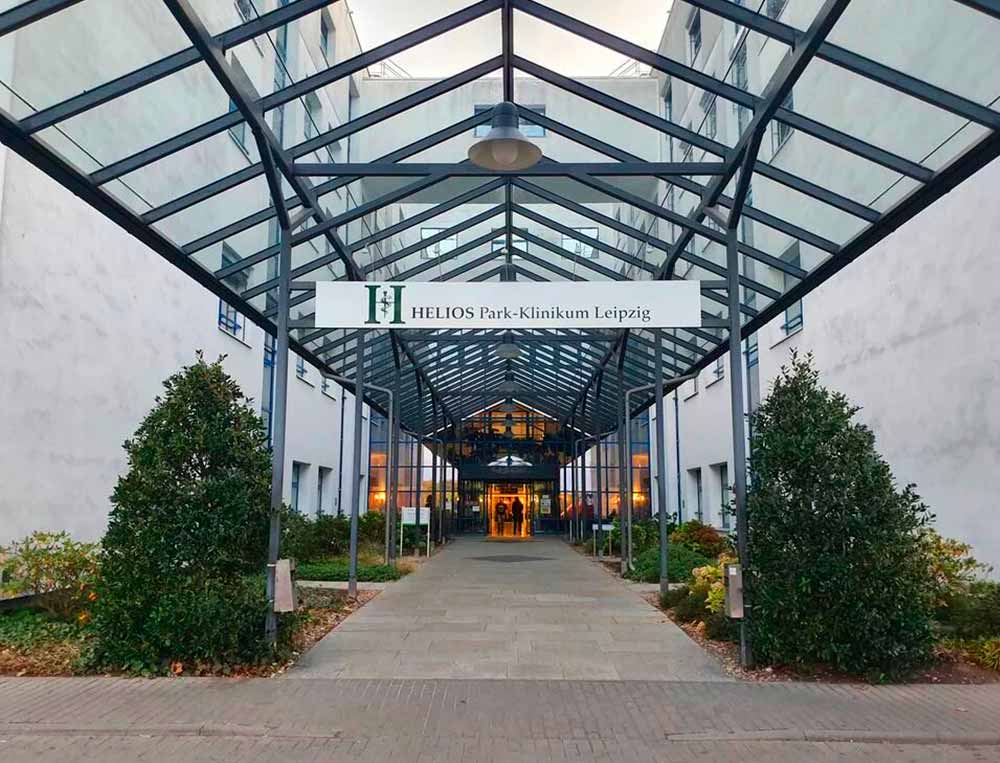Not all illnesses stem from lifestyle or outside triggers – some risks are wired into a person’s blueprint. Genetic testing for cancer looks at inherited cancer genes to uncover hidden vulnerabilities that may not surface until later in life. Knowing this early helps individuals make smarter choices – whether that means changing habits, booking screenings, or planning for long-term cancer prevention.
How DNA Tests Oncology Use Offer Insight
Labs today can trace certain gene variations with a quick swab. Although these tests do not provide a diagnosis, they can identify potential risks associated with the development of tumors. Understanding these early shifts care away from guesswork and toward well-informed decisions.
Who Might Consider Genetic Profiling?
Not everyone needs it. But for some, it becomes a turning point – especially if one or more of these apply.
- Two or more close relatives diagnosed with malignancies.
- Cancers detected before age 50.
- Rare or mixed tumor types in one person.
- Family trees show tumors across generations.
- Hereditary cancer risk already flagged (e.g., BRCA1, TP53 genes).
What Genetic Testing Can Reveal
A simple saliva or blood draw allows analysis of DNA for signs that may include next-described.
- Mutated high-risk genes tied to aggressive cancers.
- Markers that suggest lifestyle tracking, not immediate danger.
- No major findings – still good to know, though not a full green light.
Why Early Risk Analysis Matters
Getting results doesn’t mean panic – it means power. Here’s what that power can look like next-mentioned.
- Planning health screenings earlier.
- Choosing preventive surgery when suitable.
- Tailoring meals, exercise, or hormone support.
- Alerting relatives about possible shared risk.
- Turning fear into fact-led cancer prevention.
Common Misunderstandings
- Myth: Only women benefit from gene testing.
Truth: Men can also carry gene-linked risks. - Myth: Positive result = guaranteed cancer.
Truth: It shows higher possibility, not prediction. - Myth: Genetic testing exposes your private data.
Truth: Certified labs must follow strict data protections, including HIPAA.
When to Ask for Expert Help
If results seem vague or confusing, consult someone with genetics training – either a certified counselor or an oncology-focused advisor. A professional can implement the following.
- Break down complex reports.
- Build a personalized check-up plan.
- Talk through family implications.
Before You Test, Thing To Think About
- Could it affect insurance coverage?
- Do you want full results, even on unrelated findings?
- Who will explain things in plain language?
- What should you do if something risky appears?
Just send a request through our site – we’ll match you with a highly skilled specialist who fits your situation best. Our global network includes leading oncology centers, so you can access the care you truly deserve.
Shenzhen Genoimmune Medical Institute (GIMI)
The Shenzhen Geno-Immune Medical Institute (GIMI) stands at the forefront of gene and immune cell therapy, pioneering innovative solutions beyond FDA-approved CAR-T treatments. Led by renowned expert Prof. Lung-Ji Chang, inventor of the widely-adopted lentiviral vector system, GIMI has delivered effective treatments for over 1,000 cancer cases with cutting-edge 4th generation CAR-T technologies.
What is the DNA test for cancer risk?
It’s a lab method that pinpoints inherited genetic changes which may increase cancer odds.
When should someone get genetic testing for cancer risk?
If cancer runs in your bloodline, if you’ve had early diagnoses, or if past tests spotted red-flag genes.
What is a risk assessment test for cancer?
It calculates the odds of developing cancer based on DNA tests oncology uses, health history, and lifestyle factors.
How is cancer risk measured?
Doctors combine gene analysis, exposure background, and family trends to estimate hereditary cancer risk.
What are 20 warning signs of cancer?
The signs you may face depend on the nature of cancer itself and which organ it influences.
- Unexplained weight drop.
- Extreme tiredness.
- Persistent cough.
- Lumps under skin.
- Chronic pain.
- Changes in bowel or bladder habits.
- Skin tone darkening or yellowing.
- Trouble swallowing.
- Hoarseness.
- Unusual bleeding.
- Frequent fevers.
- Night sweats.
- Bruising easily.
- Mouth sores that won’t heal.
- Breast changes.
- Appetite loss.
- Swelling without cause.
- Numbness or tingling.
- Unusual discharge.
- Vision shifts or eye changes.












